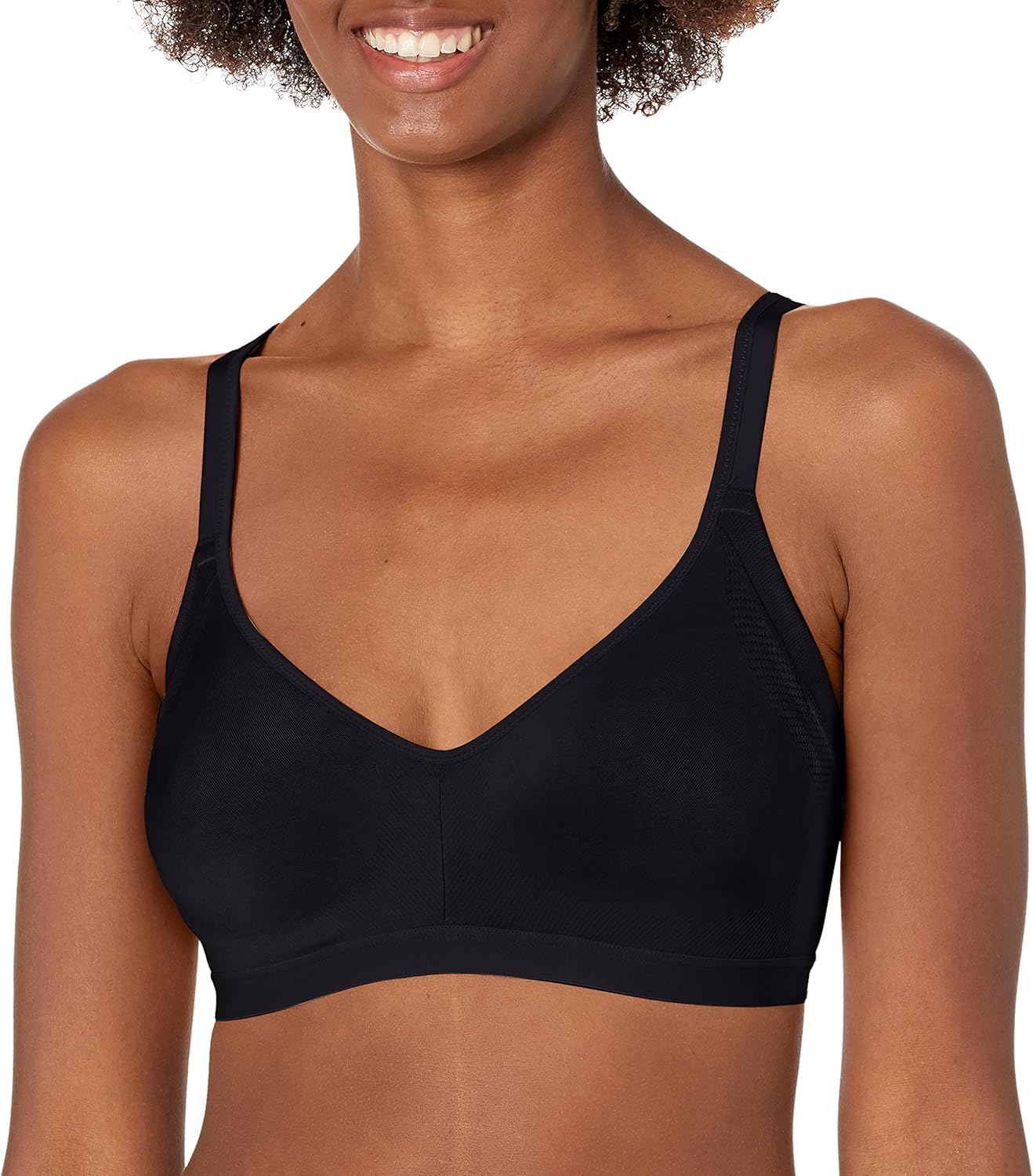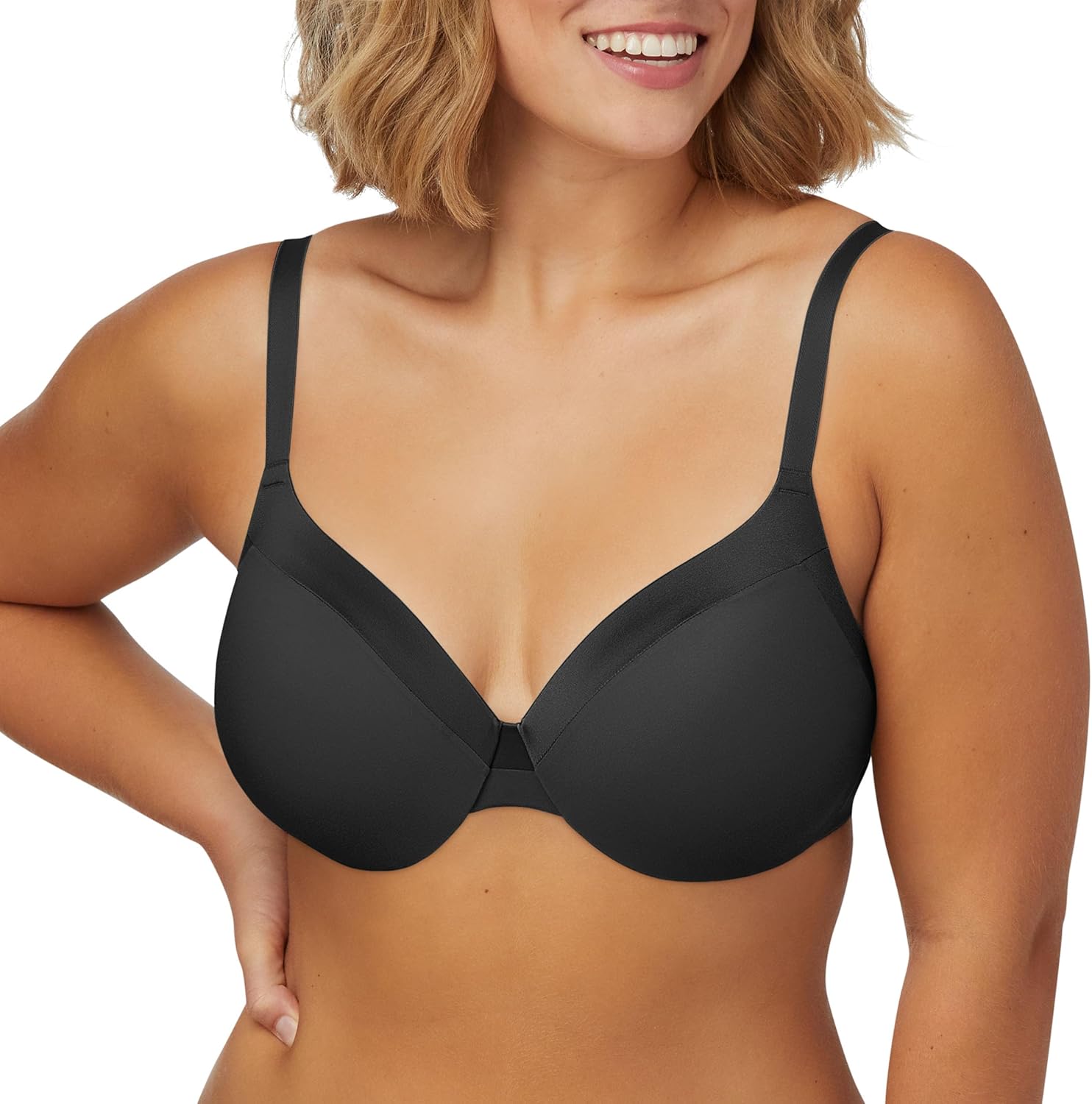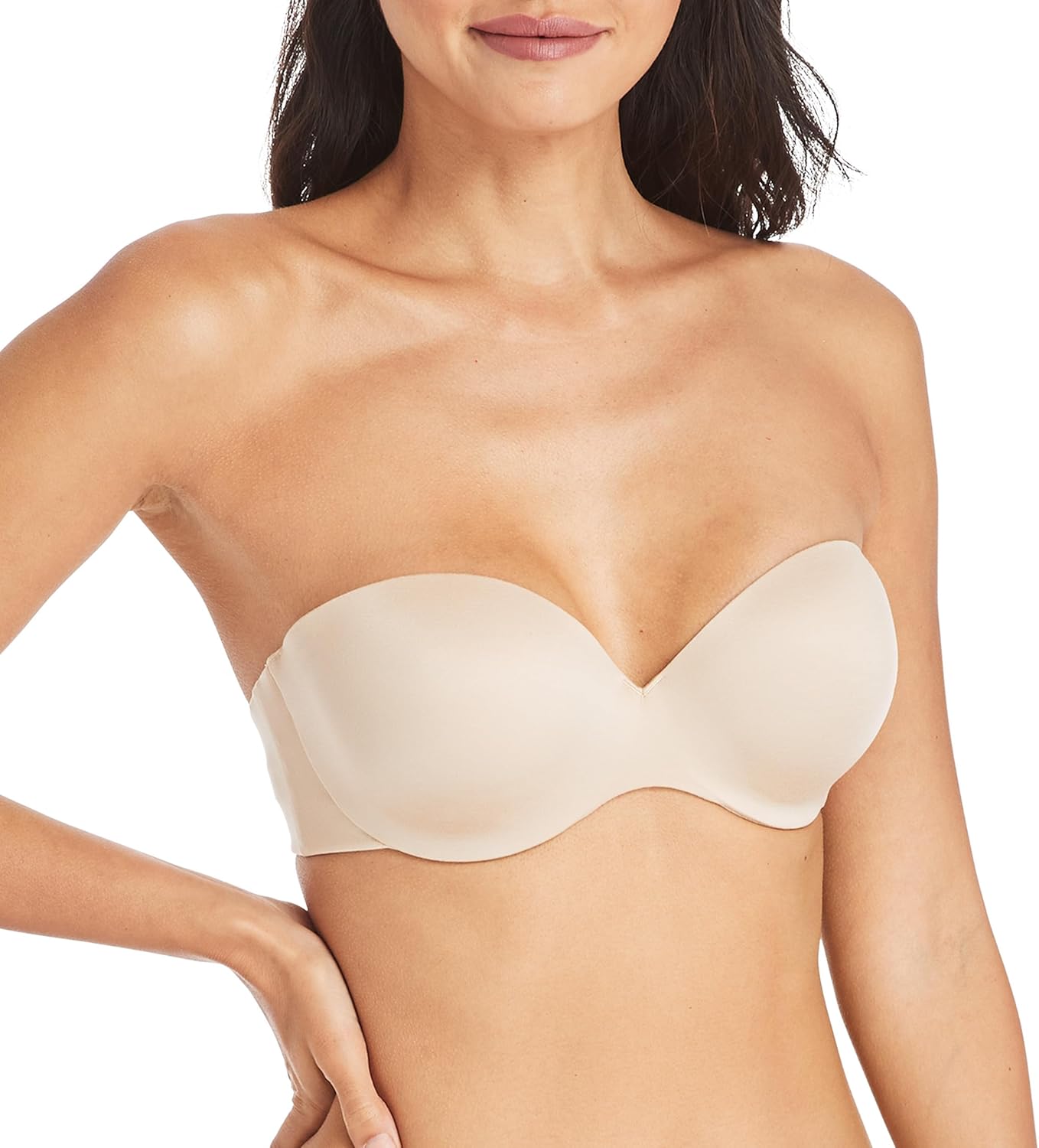Supporting Breast Health: What Research Actually Shows
In a world of marketing claims and viral social media advice, it's essential to understand what scientific evidence actually supports regarding breast health. This article examines research-backed approaches to maintaining healthy breast tissue.
The Hormonal Connection
Breast tissue is highly responsive to hormonal fluctuations. Estrogen and progesterone influence breast development during puberty, menstrual cycles, pregnancy, and menopause. Understanding this hormonal relationship helps explain many breast changes women experience throughout life.
Lifestyle Factors with Evidence-Based Impact
Nutrition and Breast Health
Research consistently shows that certain dietary patterns may support breast health:
- Mediterranean-style eating patterns high in fruits, vegetables, whole grains, olive oil, and fish have been associated with lower breast cancer risk in multiple observational studies.
- Limiting alcohol consumption is backed by strong evidence. Even moderate alcohol intake (1 drink daily) is associated with a small but significant increase in breast cancer risk, according to a comprehensive analysis in the journal Cancer Epidemiology, Biomarkers & Prevention.
- Soy consumption appears beneficial or neutral rather than harmful, contrary to outdated concerns. Multiple population studies suggest that moderate consumption of whole soy foods may actually support breast health due to their isoflavone content.
Physical Activity
One of the most consistent findings in breast health research is the protective effect of physical activity. A review in the British Journal of Sports Medicine found that physically active women had a 12-21% lower risk of breast cancer compared to inactive women. The benefits appear to be dose-dependent, with more activity conferring greater protection.
Weight Management
Maintaining a healthy weight, particularly after menopause, is associated with better breast health outcomes. Post-menopausal weight gain specifically has been linked to increased breast cancer risk, as fat tissue becomes the primary site of estrogen production after ovarian production declines.
Smoking Cessation
Beyond its many other health impacts, smoking is associated with increased risk of breast cancer, particularly among women who start smoking before their first pregnancy. The carcinogens in tobacco smoke can damage DNA in breast tissue cells.
Breast Support and Comfort
Properly Fitted Bras
While no scientific evidence suggests that bras influence breast cancer risk (a common myth), properly fitted supportive bras can minimize discomfort, particularly for women with larger breasts or those engaging in physical activity.
A professional bra fitting can help identify the correct size and style. Studies indicate that 70-80% of women wear incorrectly sized bras, which can contribute to back pain and breast discomfort.
Sports Bras for Active Women
Research in biomechanics demonstrates that unsupported breasts can move up to 15cm during vigorous activity, potentially causing pain and tissue stress. High-quality sports bras significantly reduce this movement and associated discomfort.
Breast Changes Throughout Life
Throughout a woman's lifetime, breast tissue naturally changes in response to age and hormonal fluctuations:
- Adolescence: Breast development (thelarche) typically begins between ages 8-13
- Monthly cycles: Breasts may become tender or more lumpy before menstruation
- Pregnancy: Increased blood flow and preparation for milk production causes enlargement
- Lactation: Milk-producing structures become fully functional
- Perimenopause/Menopause: Glandular tissue decreases while fatty tissue often increases
Understanding these normal changes helps distinguish between expected variations and concerning developments that warrant medical attention.
By focusing on evidence-based approaches to breast health, women can make informed choices that truly support their well-being throughout life.




